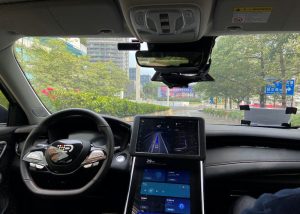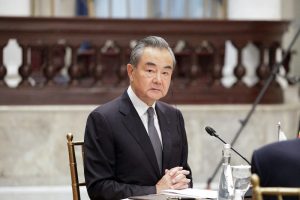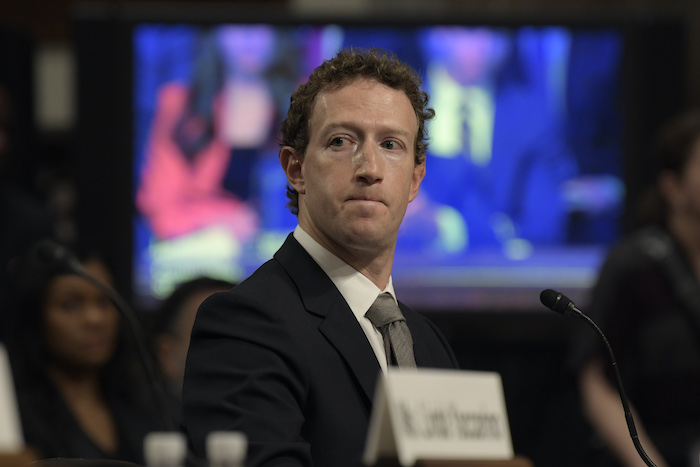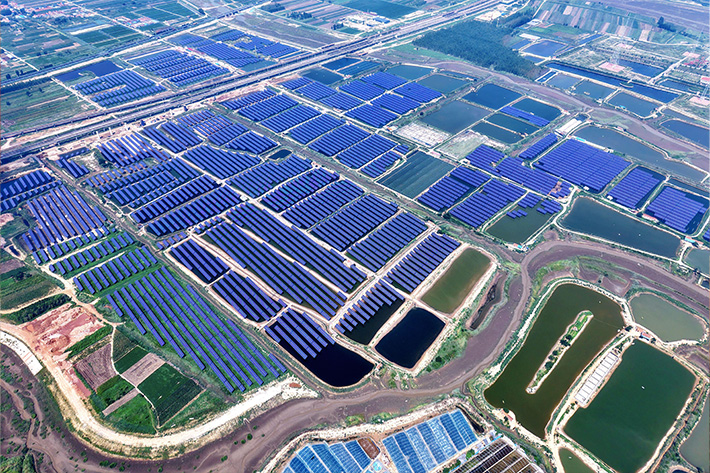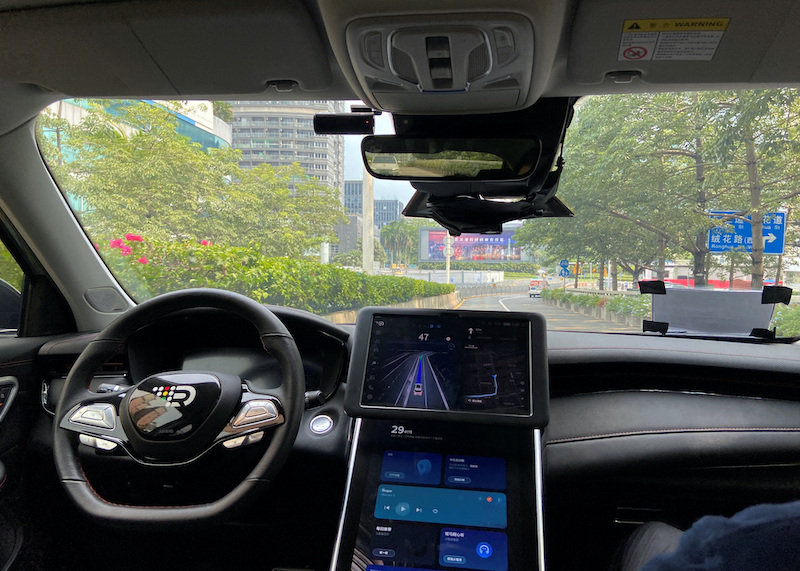The European Commission has indicated it could continue to negotiate with Beijing on its planned tariffs on imported Chinese electric vehicles, even after a EU-wide vote this Friday.
“The conclusion of the investigation is not necessarily the end of consultations with China on finding a solution,” Martin Lucas, the Commission’s director-general in charge of trade defence told the European Parliament on Monday.
“The investigation has its own legal deadlines and we cannot miss them. Definite measures need to be in place by October 31,” he added.
Also on AF: China Hits Back at Canada Tariffs With ‘Anti-Discriminatory’ Probe
The investigation refers to the EU’s ongoing probe into Beijing’s state-subsidies for Chinese carmakers. The bloc’s officials say state support has given Chinese carmakers unfair advantages and allowed them to sell cheap cars in the EU, thereby distorting the local market.
Beijing denies the charge, adding that it has developed higher economies of scale by becoming an early adopter of EVs and building necessary supply chains.
Even so, the EU looks pretty much set to bring into force its planned tariffs, considering at least 15 member states will need to vote against the measure for it to be defeated. An EU trade measure has never been overturned by such a measure, the South China Morning Post reported.
An advisory vote held in July also saw only four EU members vote against the measure — indicating the tariffs will be enforced. Nevertheless, China has vowed to keep negotiating with the EU ‘until the last moment.’
Solutions so far ‘not acceptable’
The European market remains key for Chinese carmakers considering they face an EV demand slowdown and intense local competition at home.
Chinese automakers shipped $20.8 billion worth of EVs to Europe in 2023, with the region accounting for 54% of China’s total EV exports, according to BBVA research.
“In China, we see a spare capacity of 3 million BEVs per year which cannot be absorbed by the Chinese domestic market. Therefore, China needs to export it,” Lucas was quoted as saying by the SCMP.
That volume was almost “twice the size” of the EU’s entire annual consumption of battery-electric vehicles, he added.
It’s no surprise then that Chinese carmakers have attempted to find a way to prevent the tariffs, particularly by setting a minimum import price and also, possibly, a volume cap.
But those offers were still not acceptable, Lucas said, adding that some progress has been made since Chinese Commerce Minister Wang Wentao began holding in-person talks in Europe.
Technical talks with China had intensified to an almost daily basis and could extend beyond the end of October, Lucas said.
‘Trade will continue’
EU’s planned tariffs — varying from 7.8% for China-made Teslas to 35.3% for SAIC cars — complicate China’s European push.
If ratified by EU members, these tariffs will apply for the next five years. A decision, which may require a second round of voting, has to be taken by October 30.
Those levies will be on top of the EU’s standard 10% car import duty. And if definitive tariffs are imposed, Chinese carmakers will also have to pay up provisional duties dating back to July.
Some experts believe carmakers could pass on part of the additional costs to consumers by hiking car prices. But ING analysts argue Chinese carmakers will still be able to lower prices on their EVs as their profit margins can be as high as 40% to 50%.
European negotiators will no doubt take those numbers into account. And for Beijing, reaching any resolution would need a proposal that would remedy the ‘injurious effect’ of the more than $231 billion worth of support it has handed out for EVs over the past decade and a half.
Amid that deadlock, however, is an assurance from Lucas that “trade will continue to flow.”
“These duties are meant only to reestablish the level playing field… [they] will not block imports.”
View this post on Instagram
- Vishakha Saxena, with Reuters
Also read:
EU Gives Chinese EV Firms Last-Ditch Lifeline to Avoid Tariffs
Chinese Carmakers Call For 25% Retaliatory Tariffs on EU Cars
China EV Firms Scaling Back European Plans Over Subsidy Probe
European Farmers Fear Trade War With China Over EV Tariffs
EU Tariff Fallout: China Warns of WTO Suit, Tesla to Hike Prices
In U-Turn, Elon Musk Says US Tariffs on Chinese EVs ‘Not Good’
Stellantis CEO Calls China EV Tariffs a ‘Trap’. He May Be Right
China’s BYD Welcome to Open an EV Factory in France: Minister
As EU Eyes Tariffs, European States Chase China EV Factories
US, EU Firms’ Profits, Confidence in China Continue to Sink





